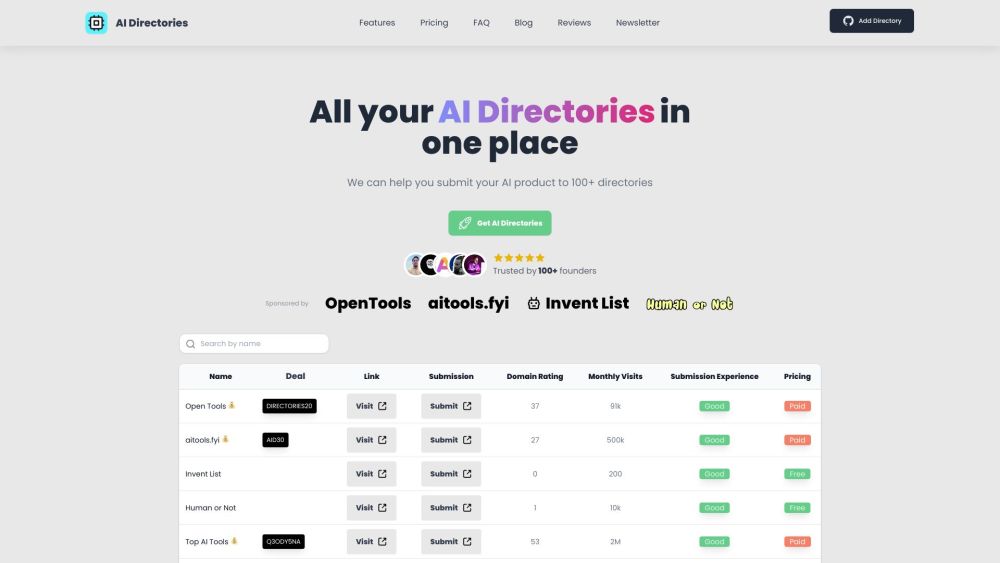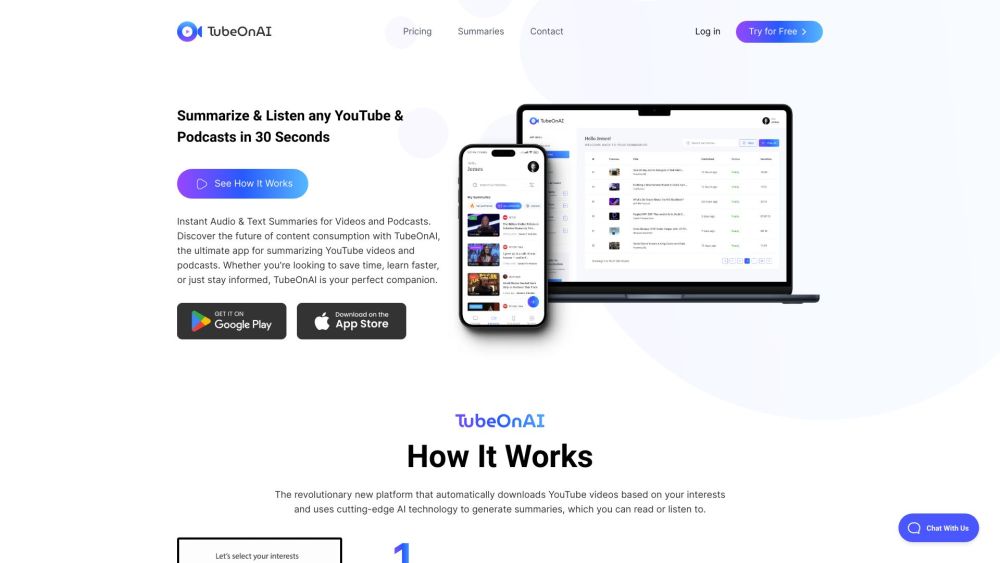Microsoft Calls for Creation of New US Agency to Regulate AI
Most people like

Discover our carefully curated collection of cutting-edge AI tools designed to elevate your projects and streamline your workflows. From content creation to data analysis, these innovative resources empower you to harness the full potential of artificial intelligence. Dive in and explore the future of technology with our comprehensive selection of top AI tools!

In today's digital landscape, the intersection of artificial intelligence and video commerce is revolutionizing how consumers shop online. Our AI-powered video commerce platform seamlessly integrates engaging video content with e-commerce functionality, creating a unique shopping experience that captivates customers and drives sales. With advanced analytics and personalized recommendations, businesses can not only enhance their customer engagement but also optimize conversion rates. Discover how our innovative solution can transform your e-commerce strategy and elevate your brand in the increasingly competitive market.

Unlock the power of AI-driven summaries for streamlined video consumption. Discover how these innovative tools enhance your viewing experience, allowing you to quickly grasp key insights and save time. Embrace efficiency with AI-driven video summaries today!
Find AI tools in YBX
Related Articles
Refresh Articles

